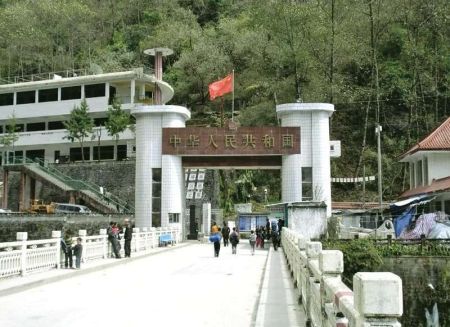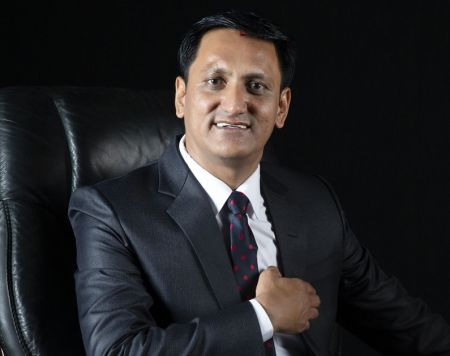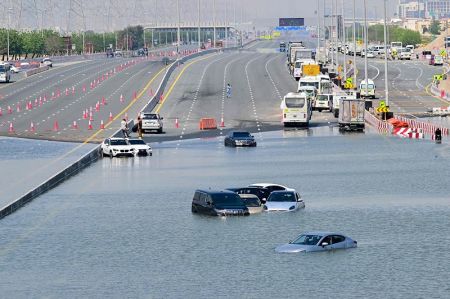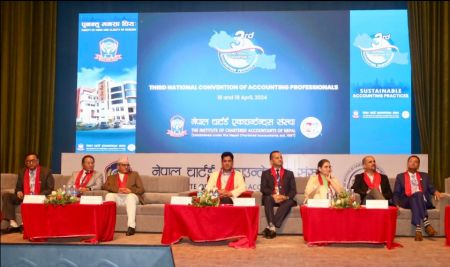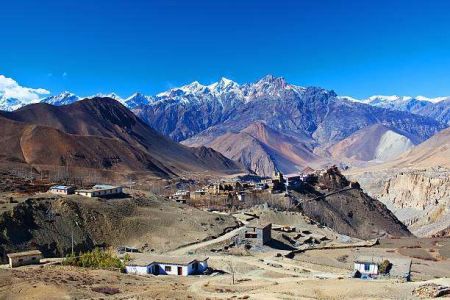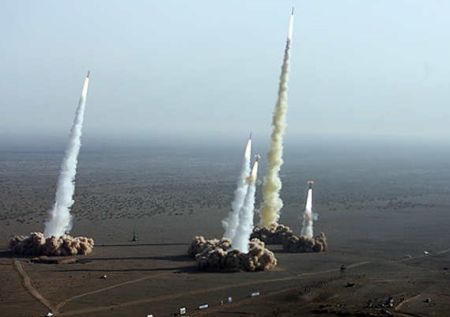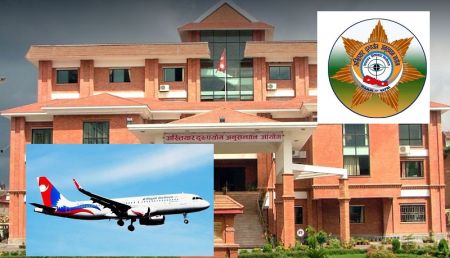.JPG) Johann Tranchell is Managing Director of Polydime Group, Sri Lanka, was in Kathmandu recently for a seminar organised by Plast Nepal. He has been focusing on developing the recycle arm of business as he is passionate about the area of sustainability. Polydime group is the third largest manufacturer of Plastic films in Sri Lanka employing 450 people. The company has been successful in pioneering certain market segments such as grow bags, builder films, irrigation pipes and multilayer laminated film based packaging material. Polydime's sister company Poly-cycle is the largest in the area of recycling in Sri Lanka with a state-of-art manufacturing outfit that involves the whole process of collection to palletisation for plastic waste material. In an interview with Rashika Pokharel and Angila Sharma of New Business Age Tranchell shares his knowledge regarding recycling of plastics. Excerpts:
Johann Tranchell is Managing Director of Polydime Group, Sri Lanka, was in Kathmandu recently for a seminar organised by Plast Nepal. He has been focusing on developing the recycle arm of business as he is passionate about the area of sustainability. Polydime group is the third largest manufacturer of Plastic films in Sri Lanka employing 450 people. The company has been successful in pioneering certain market segments such as grow bags, builder films, irrigation pipes and multilayer laminated film based packaging material. Polydime's sister company Poly-cycle is the largest in the area of recycling in Sri Lanka with a state-of-art manufacturing outfit that involves the whole process of collection to palletisation for plastic waste material. In an interview with Rashika Pokharel and Angila Sharma of New Business Age Tranchell shares his knowledge regarding recycling of plastics. Excerpts: What is the purpose of your visit?
I am in Nepal to create awareness about recycling plastics. When our company, Polydime Group, started 15 years ago we recycled absolutely nothing. But now it has been recycling around 4,800 metric tons of plastic material, principally at the ratio of 4:3. For instance if 4 kg of plastic is produced in our factory, we recycle 3 kg. This is a very nice ratio. Nepal lacks plastic recycling technology. Thus, the goal of my visit is to inform people about recycling technology so that they can learn and implement it. Our aim is not only to make Nepal a greener place but also to make money by recycling plastics, which is a very lucrative business area.
Plastics are blamed as major polluters. How are the plastic manufacturers facing this?
Challenges are present everywhere. In developing countries, awareness about proper use of plastics is very low. In America and Europe, the awareness level is high. They segregate different types of plastics and recycle them through different technologies. But people in third world countries dump everything (plastic and non-plastic) together. This is also because they don’t have proper areas allotted for disposal of plastic and other garbage.
What is the proper process to recycle plastics?
There are basically four stages in recycling plastics. In the first stage, waste plastics are collected from dumps, cleaned up and brought to us by our contractors. We also collect waste plastic materials from factories.
The second stage starts at our factory. We segregate these plastics according to their types and quality. There are several types of plastics such as HDP, LDP, PP etc., and segregating them is essential for quality control. During the quality control process we ensure that the plastic material has appropriate level of moisture present in it. If the moisture is disproportionate, it causes serious problem in processing.
In the third stage, the material is crushed into smallest particle possible and is extruded using heat and than dried in the fourth stage.
Are thin plastic bags also recyclable?
Well, anything and everything is recyclable except those plastics that have lamination of two or three layers. These plastics are difficult to segregate. However, I don't think there are any issues in recycling thin plastic bags. We can recycle them as well.
Plastics are taken as ‘necessary evil’ considering their harmful effects. What is your opinion on it?
Even though people say so, I personally think there is nothing wrong in using plastic, if used responsibly. Plastics will be obviously harmful to environment if thrown in the garbage dump or into a landfill and canal. It is all about educating people in this regard. But third world countries are quite far away from that. However, over the time people have learnt to be cleaner and to use plastics in appropriate and environment-friendly manner.
Are there any technological advances made in addressing environmental, waste management and health related issues arising from plastic usages?
The available technology itself is very simple and easy to use. Of course, it is little bit expensive in terms of investment. There is no rocket science to it in that sense. Anybody who wants can do that with the existing technology.
What is the growth status of the plastic industry in developed and developing countries?
Plastic use has certainly increased in developed as well as the third world countries. The increase is simply because there is no alternative to it. Environmental effects of paper are much higher as compared to plastics as it requires cutting down trees. But in case of plastic, it is not actually bad unless somebody throws it into a landfill.
If you have recycling in your equation as a company then I think that it will make difference and people will look at it in a more positive way. As a company there are many things that we can do about plastics. In our case, we manufacture plastics as well as recycle them. Big companies like Marks and Spencer, Nike etc., look at us in a very positive way not only because we provide large volumes of plastics but also because we have recycle in our equation.
What are your plans on recycling plastics in Nepal?
We are here to help initiate recycling of plastics by sharing relevant ideas with stakeholders. There are many companies interested to collaborate with us, but that depends on the potential and the market.





